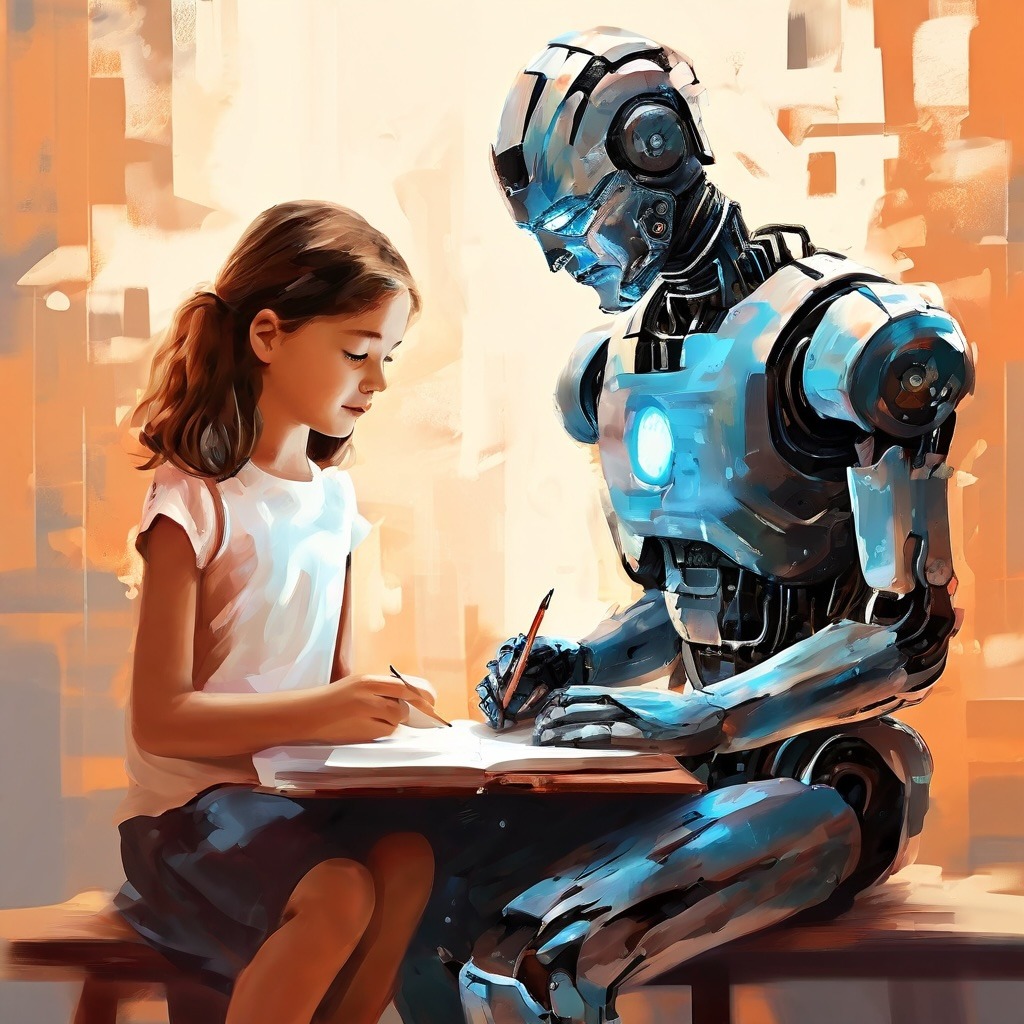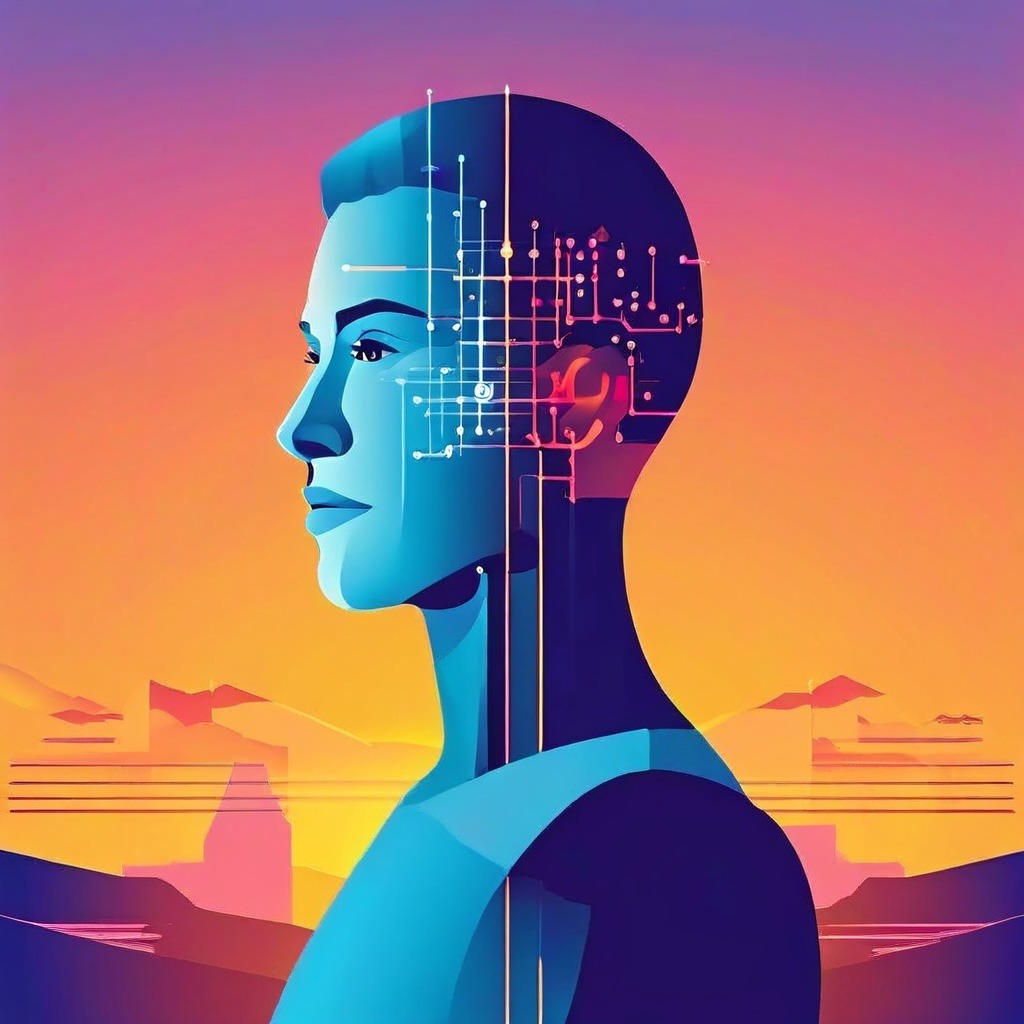Is Reality Just a Game? Exploring the Mind-Bending World of Simulation Theory
Simulation Theory: Are We Living in a Computer Simulation?
Could everything we experience – the laws of physics, the vastness of the universe, our very existence – be part of a sophisticated computer simulation designed by an advanced civilization? This is the core of simulation theory, a concept that raises profound questions about reality, consciousness, and the limits of technology.
If our world is a simulation, imagine a future where advanced beings create simulated realities so realistic that they are indistinguishable from the “base reality.” This mind-bending philosophy challenges our understanding of what it means to be real.
Imagine a world built entirely within a sophisticated computer program, indistinguishable from our own. The laws of physics, the rise and fall of civilizations, the warmth of the sun on your skin – all meticulously crafted lines of code. This, in essence, is the core idea of simulation theory.
The Philosophical Roots: Diving Down the Rabbit Hole
The concept isn’t entirely new. Ancient philosophers pondered the nature of reality, questioning if our senses could be trusted. René Descartes, the 17th-century philosopher, famously contemplated the possibility of being an evil demon deceiving him into believing a false reality.
However, simulation theory took a more modern turn in the 1960s with the works of Nick Bostrom, a philosopher at Oxford University. Bostrom argued that with enough technological advancement, creating incredibly realistic simulations might become commonplace. If that’s true, then it’s statistically more likely that we ourselves are living in one of those simulations rather than the “base reality.”
The Compelling Arguments: Why We Might Be NPCs
There are a few key arguments that fuel the fire of simulation theory.
- The Limits of Computation: As computers become more powerful, the boundaries between the real and the simulated blur. Imagine a future where virtual worlds are so intricate they are indistinguishable from our own. If this is achievable, then it stands to reason that a civilization far more advanced than ours could have already achieved this feat.
- The Laws of Physics as Code: Some physicists point to the elegance and fine-tuning of the universe’s laws as evidence of a simulation. The fundamental constants of physics, like the speed of light, seem perfectly calibrated for life to exist. This could be interpreted as a sign of a carefully designed simulation, with the laws acting as the underlying code.
- The Abundance of Resources: Bostrom’s simulation argument hinges on the idea of “ancestor simulations.” In a future where running vast simulations is commonplace, our advanced descendants could create countless simulations of their ancestors, including ourselves. This means there could be far more simulated realities than “base realities,” making it more likely we exist in one of the simulations.
Examples and Explanations
The Double-Slit Experiment
A classic example in physics, the double-slit experiment, shows particles behaving differently when observed, almost as if they’re aware they’re being watched. This has led some to speculate about a programmed reality, where rules can change based on certain conditions, much like a computer code.
The Simulation Argument
Nick Bostrom’s simulation argument is a philosophical and statistical look at our reality. If future civilizations can create simulations, and if these simulations are numerous, then the odds are greater that we exist in one of the many simulations rather than the one original reality.
Video Games and VR
The evolution of video games and virtual reality offers a more relatable example. Games like “The Sims” or VR environments are primitive forms of simulated realities. As technology advances, these could evolve into something indistinguishable from our reality, providing a glimpse into what a simulated universe might be like.
The Glitches in the Matrix: Finding Clues in Our World
If we are indeed living in a simulation, are there any telltale signs? Proponents of the theory point to a few intriguing possibilities:
- The Unexplainable Laws of Physics: The existence of dark matter and dark energy, which make up most of the universe’s mass yet remain a mystery, could be a limitation of the simulation itself. Perhaps the simulators haven’t fully fleshed out these aspects of the program.
- The Uncanny Valley: The unsettling feeling we get from humanoid robots that appear almost, but not quite, real, could be a hint of the underlying code peeking through.
- Déjà Vu and the Mandela Effect: The strange phenomenon of déjà vu, or the Mandela Effect, where large groups share false memories of events, could be glitches in the simulation, momentary hiccups in the code.
The Ethical and Existential Questions
Delving deeper into the implications of simulation theory, we encounter a myriad of ethical and existential questions. If our world is a simulation, does that diminish the value of human life and our experiences? Or does it, in contrast, grant us a newfound appreciation for the intricacy of our existence, simulated or not?
The theory also begs the question of the creators’ ethics. What responsibility do they hold towards the conscious beings within their simulation? Are there moral guidelines governing their interaction or intervention? These questions parallel many religious and philosophical discussions about the relationship between a creator and their creation.
The Tech Perspective: How Close Are We?
From a technological standpoint, the prospect of creating our own simulated realities is both thrilling and daunting. Current trends in artificial intelligence, virtual reality, and quantum computing hint at a future where such simulations could be possible. This raises further questions about the rights and treatment of conscious entities we might create within our simulations.
The Role of Consciousness
A central debate in the simulation theory is the nature of consciousness. If our consciousness is part of a simulation, does it differ from “real” consciousness? Some argue that consciousness is a product of physical processes in the brain and can, therefore, be simulated. Others believe consciousness has a non-physical, perhaps even spiritual, component that can’t be replicated by a computer.
The Influence on Culture and Thought
The idea of a simulated reality has permeated popular culture, influencing movies, books, and art. It’s a concept that challenges our perception of the world, inspiring both creative and scientific communities to explore beyond the limits of traditional thinking.
The Future of Simulation Theory
As technology progresses, so too will our understanding and exploration of simulation theory. It might lead to new ways of examining quantum mechanics, artificial intelligence, and even the search for extraterrestrial life. If advanced civilizations are out there, perhaps they too are exploring similar concepts.
A Tool for Understanding
Ultimately, whether or not we are living in a simulation, the theory serves as a powerful tool for understanding our universe. It encourages a scientific inquiry, philosophical debate, and creative exploration. It prompts us to look at the world differently, to question our assumptions, and to marvel at the complexity of existence.
Beyond Science Fiction: The Implications of Simulation Theory
While simulation theory lacks scientific evidence, it raises some profound philosophical questions. If reality is a simulation, does it diminish the meaning of life? Are we free agents, or simply characters following a pre-programmed script?
The theory could also impact our understanding of consciousness. If our minds can be uploaded and exist within a simulation, does that make them any less real? It forces us to confront the nature of existence itself and the possibility that our reality is far stranger than we can imagine.
Living in a Simulation: A World of Possibilities
Whether we are living in a simulation or not, the theory offers a fascinating new perspective on reality. It compels us to appreciate the complexity of the universe and the potential for future technological advancements.
Even if it turns out to be science fiction, simulation theory serves as a thought experiment that pushes the boundaries of our imagination. It reminds us to question our assumptions and embrace the possibility that the universe holds many more secrets waiting to be discovered.
In conclusion, while simulation theory might remain in the realm of hypothesis, it continues to be a fascinating and thought-provoking topic. It challenges us to think about our place in the universe, the nature of reality, and what it means to be conscious. Whether we ever prove or disprove the theory, its greatest value may lie in its ability to inspire us to look beyond what we think we know and explore the endless possibilities of what could be.
Simulation theory, therefore, stands not just as a scientific or philosophical concept, but as a testament to human curiosity and our unending quest to understand the very fabric of our reality.
So, the next time you gaze at the stars, consider the possibility that they might be just pixels on a vast computer screen. The answer to the simulation question may forever remain elusive, but the journey of exploration itself is a worthwhile one.
HERE is another interesting blog post from The Missing Prompt





